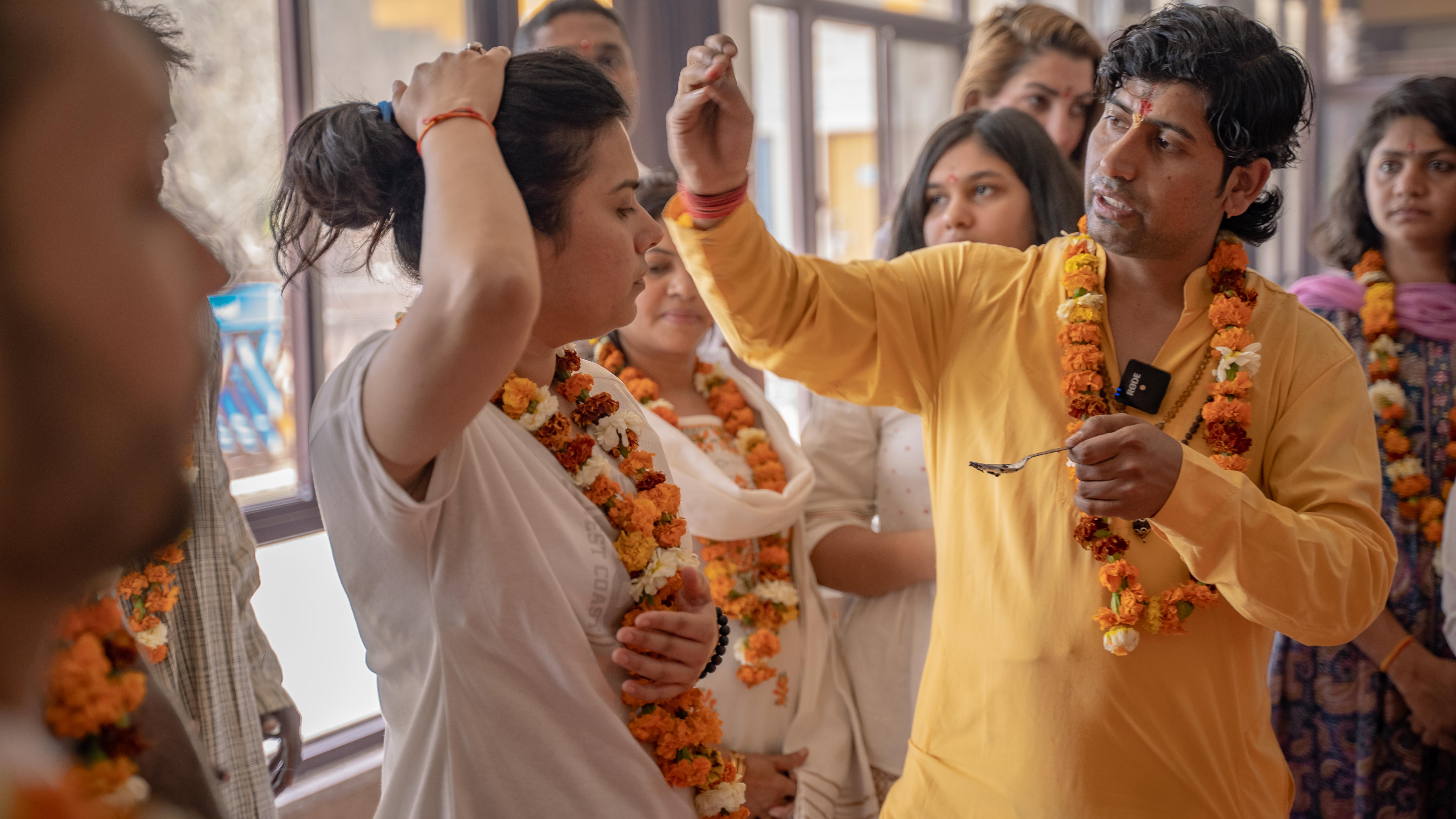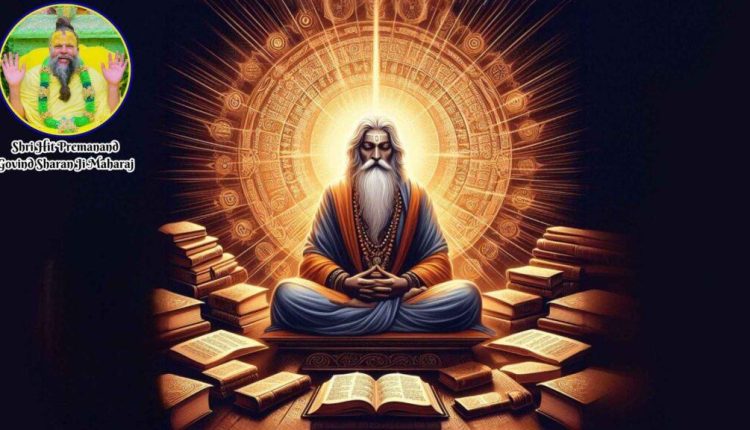In the vibrant tapestry of modern wellness, yoga stands as a beacon of tranquility and transformation, weaving together the threads of body, mind, and spirit. As this ancient practice continues to flourish in the contemporary world, a question arises, shrouded in the mystique of tradition and the spirit of individuality: Is it necessary to follow a guru for authentic yoga learning? On one hand, the image of a wise, guiding figure evokes a sense of continuity and deep-rooted wisdom, offering a path illuminated by centuries of experience. On the other, the modern seeker, equipped with a wealth of resources and a desire for self-discovery, questions the need for a singular guide in their journey. This article delves into the heart of this debate, exploring the roles of tradition, innovation, and personal agency in the quest for authentic yoga learning. Join us as we unravel the nuances of this age-old inquiry, balancing the scales of guidance and independence in the pursuit of enlightenment.
Understanding the Role of a Guru in Traditional Yoga Practice
In the realm of traditional yoga practice, the figure of the guru holds a position of profound significance. A guru is often seen as a spiritual guide, a beacon of wisdom who not only imparts the technical aspects of yoga but also embodies its deeper, philosophical teachings. This relationship is not merely instructional; it is transformative. Through the guru’s guidance, a student embarks on a journey that transcends physical postures, delving into the realms of self-awareness and spiritual growth. The guru’s role is not to impose a path but to illuminate the one that lies within the seeker, nurturing their potential and guiding them through the complexities of yogic philosophy.
- Personalized Guidance: A guru tailors the teachings to suit the individual needs and spiritual inclinations of each student.
- Tradition and Authenticity: Gurus often serve as the custodians of ancient traditions, ensuring that the teachings remain authentic and undiluted.
- Spiritual Mentorship: Beyond the physical practice, gurus provide insights into the spiritual dimensions of yoga, fostering a deeper connection to the self.
Exploring Modern Alternatives to Guru-Led Yoga Education
In the evolving landscape of yoga education, a myriad of modern alternatives have emerged, offering practitioners new pathways to explore the ancient discipline. These innovative approaches often leverage technology, community-driven learning, and interdisciplinary integration to provide a more personalized and accessible experience. Online platforms have democratized access to a diverse array of instructors and styles, allowing learners to curate their practice according to their unique preferences and needs. With the advent of virtual reality and AI, the immersive experience of yoga has been further enhanced, providing users with the ability to engage in realistic, guided sessions from the comfort of their homes.
- Community-Driven Workshops: These gatherings focus on peer-to-peer learning and collective growth, fostering an environment where students can share insights and support each other.
- Interdisciplinary Approaches: By integrating elements from other fields such as mindfulness, nutrition, and physical therapy, these programs offer a holistic perspective on well-being.
- Self-Guided Practices: With an abundance of resources available, individuals can now tailor their own yoga journeys, experimenting with different techniques and philosophies at their own pace.
While the guru-disciple tradition remains a cornerstone of yoga for many, these modern alternatives offer a fresh perspective, empowering individuals to explore and define what authenticity means in their personal practice.

Balancing Tradition and Innovation in Your Yoga Journey
As you embark on your yoga journey, you’ll encounter a vibrant tapestry of tradition and modernity, each offering unique insights and practices. While some argue that following a guru is the only path to authentic learning, others find their way through self-discovery and contemporary methods. It’s essential to consider what resonates most with your personal growth and understanding.
- Tradition: Following a guru can provide a direct lineage of teachings, offering wisdom passed down through generations. This can be a grounding experience, fostering a deep connection with the roots of yoga.
- Innovation: On the other hand, the modern yoga landscape offers diverse practices and philosophies, allowing for a more personalized approach. Online platforms, workshops, and books can serve as valuable resources.
Ultimately, the balance between tradition and innovation depends on your goals and preferences. Whether you choose to follow a guru or explore independently, what’s most important is maintaining a sense of authenticity and integrity in your practice.

Making Informed Choices for Authentic Yoga Mastery
Embarking on the journey of yoga often prompts the question: is a guru indispensable for genuine mastery? The traditional path of yoga has long revered the guru-disciple relationship, yet modern practitioners find themselves at a crossroads. In today’s digital age, numerous resources like online courses, books, and workshops offer diverse avenues for learning, allowing individuals to tailor their practice to personal needs and schedules.
While the wisdom and guidance of a guru can offer profound insights and personalized mentorship, it’s essential to recognize that yoga is an intensely personal journey. Consider the following aspects when making your decision:
- Self-Reflection: Assess your own goals and learning style. Are you someone who thrives under direct mentorship, or do you value self-guided exploration?
- Community and Connection: Evaluate the importance of being part of a yoga community, which a guru often provides, versus building a network through diverse platforms.
- Access to Resources: Consider the availability of authentic resources in your region or online, and how these can complement or replace traditional guru guidance.
Ultimately, whether you choose to follow a guru or forge your own path, the essence of yoga remains: a journey towards inner peace and self-discovery.

